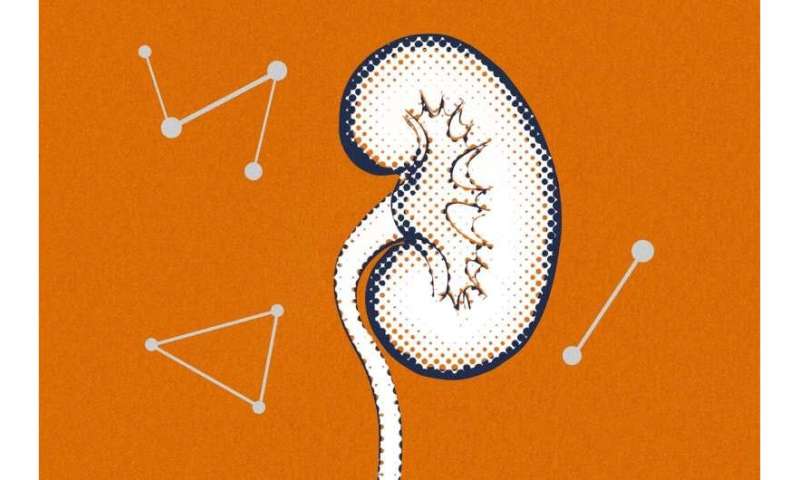Best of Last Week – The dolphin clitoris, insurers subsidizing ivermectin, blood pressure meds damaging kidneys

It was a good week for the biological sciences as a team of researchers at the University of Georgia's Center for Food Safety discovered a gene in Georgia sewer water that poses a possible global threat. The MCR-9 gene has been found to lead to antimicrobial resistance to colistin, one of the major antibiotics used to treat infections. Also, a trio of researchers, Patricia Brennan, Jonathan Cowart and Dara Orbach from Mount Holyoke College, the University of Florida and Texas A&M University, respectively, found that female dolphins have a working clitoris, and it is used most often by females to give each other pleasure. And a combined team from the University of California, Davis, and the Max Planck Institute for Developmental Biology found evidence that challenges evolutionary theory that says DNA mutations are random.
In technology news, a team of researchers at the Institute of Computer Science and Random Systems developed a Raspberry Pi based system that can detect viruses on other devices without using software. And a combined team from the Harbin Institute of Technology and the University of Michigan announced that they had developed a 1,000-cycle lithium-sulfur battery that could quintuple electric vehicle ranges. Also, a team with members from the Indian Institute of Technology Bhubaneswar, TCS Research and Wageningen University, developed a concurrent transmission strategy to enhance multi-robot cooperation—a possible means for different kinds of robots to communicate with each other. And a team at New York University developed a new framework that could simplify imitation learning in robotics. Called VINN, the system does not require large training datasets.
In other news, a combined team from the University of Michigan and Boston University called on insurers to stop subsidizing the use of ivermectin to treat COVID-19 by supporting doctors who continue to prescribe it to patients despite a lack of evidence that it works as intended. And an international team of researchers reassessed the age of Omo I, believed to be the oldest fossils in eastern Africa representing human ancestors, to more than 230,000 years ago.
And finally, a team at the University of Virginia School of Medicine reports that long-term use of blood pressure drugs (such as ace inhibitors) may cause kidney damage.
© 2022 Science X Network